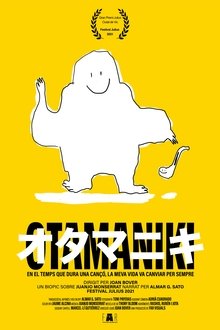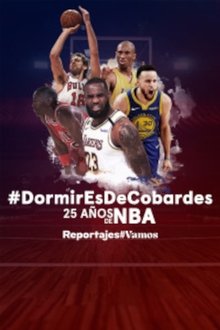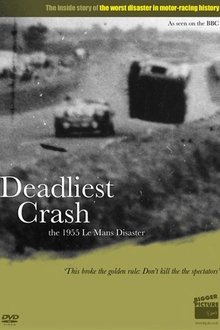Documentary that tells the story of Vianney Trejo, a young woman who struggles every day despite her disability. We go through her daily routine, as well as her passion, swimming, where she has consistently achieved triumphs and has been considered for international competitions.
Related Movies
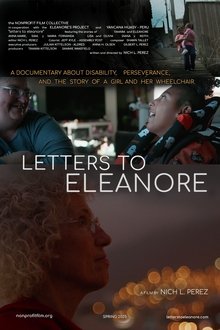
letters to eleanore (2024)
"letters to eleanore" is a poignant feature-length documentary that explores the intertwined journeys of two remarkable girls, Keith from Canto Grande in Lima, Peru, who bravely navigates life with cerebral palsy alongside her devoted mother, and Olivia from Litchfield, Minnesota, whose experiences highlight the stark contrasts in societal attitudes towards disability in their respective countries. As their narratives unfold, they are beautifully interwoven with the legacy of Eleanore and her family, whose life, untimely death, and the impact of her wheelchair ignited a powerful movement of hope for countless children and their families facing similar challenges. This film is not just a story of perseverance and love; it is a testament to the strength of community, brought to life through the collaborative efforts of volunteers, students, and communities across Peru and the United States, embodying a true grassroots style of storytelling that resonates with authenticity and compassion.

Interview with Robert Kramer (2015)
This last testimony of Robert Kramer (1939-1999) is a moving documentary with the independent American film director, in which he speaks of his political activism, his way of filmmaking, his relationship with Portugal and the revolutionary movements.
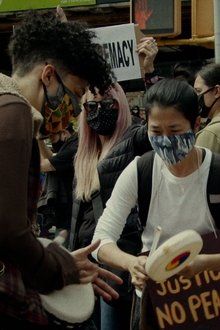
People Unite! (2022)
In the face of AAPI violence, an intergenerational coalition of Black, Indigenous, Latinx, Asian, People of Color organizers come together to organize a march across historic Washington Heights and Harlem, as a continuation of the historic and radical Black and Asian solidarity tradition.
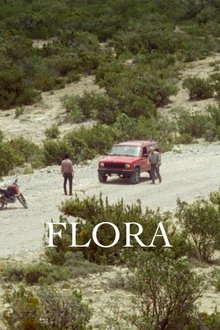
Flora (2022)
A metacinematic reflection on the nature of representation and the ongoing drug war in Mexico, Nicolás Pereda’s Flora revisits locations and scenes from the mainstream 2010 narco-comedy El Infierno, exploring the paradoxes of depicting narco-trafficking on film—its tendency both to romanticize and to obscure. To screen is both to project and to conceal.

Shohei Ohtani: A Baseball Virtuoso (2022)
NHK has followed baseball sensation Shohei Ohtani closely since his 2018 Major League debut. We look at Ohtani’s ability to both pitch and bat at the highest level. We hear from those who have supported him on and off the field and examine the importance of his father’s training regime. Join us behind the scenes at such pivotal points as Ohtani’s battle to recover from elbow surgery and reclaim his place as a baseball virtuoso like no other.
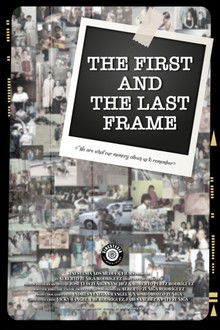
The First And Last Frame (2022)
and its preservation as personal and collective memory. My father documented the history of our family. He said that "we are what our memory allows us to remember" and tried to photograph everything, even in his last days, before he died from Covid in February 2021. This documentary is a small tribute to him, but this could be the story of any other people around the world.
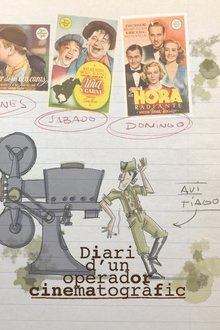
The Diary of a Projectionist (2022)
This is the story of my grandfather, Tiago Florit, who for 50 years was a film operator at the Teatre Principal de Maó, in Menorca. It is a review of his life, from his birth to his death, in a cinematographic key. A true love story to cinema.
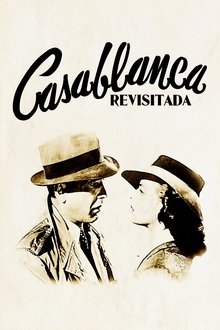
Casablanca revisitada (1992)
A lyrical and nostalgic analysis of how Casablanca, the mythical film directed by Michael Curtiz in 1942, has influenced both film history and pop culture.
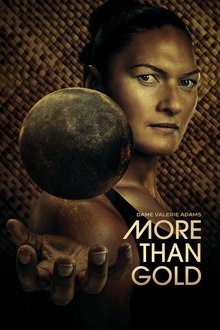
Dame Valerie Adams: More Than Gold (2022)
Olympic Champion, Kiwi Icon, Tongan Leader, Orphan, Mother...winning was just part of the journey.
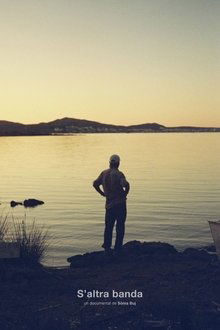
S'altra banda (2022)
What's on the other side of Fornells bay? Pepe el Malo is an urban legend or he really existed? This documentary doesn't try to shed light on the dark; it rather plays deftly with the ambiguities of a character that is part of the Menorcan imaginary.

Ñuhu: Sacred Beings (2022)
Encouraged by the polychrome onirism of the Ñuine land, Desiderio (58), a farmer from the south of Mexico, offers an offering to the Tupa, the ancient spirit of the hills to whom his grandparents went to to ask for rain and harvest. At nightfall, as he rests at the foot of a campfire, that mysterious being guides him to the core of an ancestral memory.
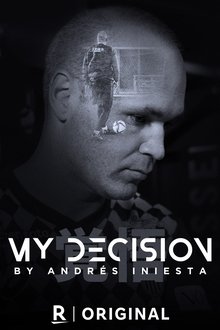
My Decision, by Andrés Iniesta (2022)
A revealing documentary following the legendary midfielder, Andrés Iniesta, as he faces a crucial decision after a career-threatening injury. “Very few people know what happened when I got injured. Few know that I had to make a momentous decision. Was it worth it to keep playing or was it time to call it quits?” The revealing documentary follows the legendary midfielder, Andrés Iniesta, as he faces a crucial decision after a career-threatening injury.
